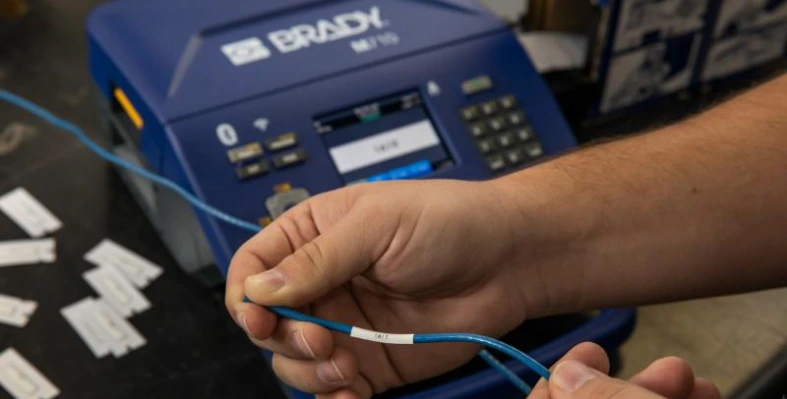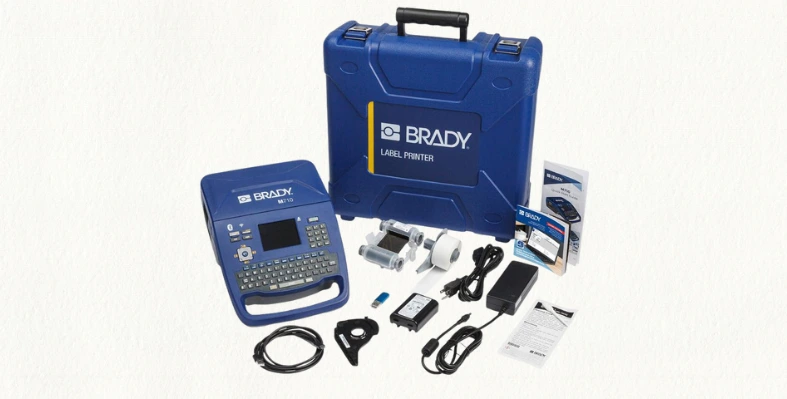Jumia, Africa’s leading e-commerce platform, has taken a significant step in reinforcing its presence in Egypt with the inauguration of a new integrated warehouse on Suez Road, Cairo
This development marks one of Jumia’s largest investments in the country and demonstrates its continued confidence in Egypt’s strategic role in Africa’s economic and logistical landscape.
Spanning over 27,000 sq m, the new facility is designed to optimise Jumia’s logistics capabilities by improving storage efficiency and speeding up deliveries, particularly to Upper Egypt. The warehouse is equipped with advanced smart systems that enhance order processing and customer satisfaction. As a key component of Jumia’s logistics infrastructure, the centre supports the company’s future expansion and aims to better serve merchants and consumers across the country.
This investment aligns with Jumia’s mission to boost Egypt’s digital economy and enhance its service offerings. It will also provide tailored logistics solutions for local manufacturers and merchants, reinforcing the platform’s support for domestic production.
The warehouse is projected to generate up to 10,000 direct and indirect jobs over the coming years, solidifying Jumia’s contribution to national economic development and youth empowerment.
Prime minister Dr Mostafa Madbouly commended the initiative, remarked, "We welcome this move by Jumia, which reflects the trust that major global companies have in Egypt’s investment climate. We look forward to more partnerships that support the state's goals in digital transformation, the development of logistics infrastructure, and the provision of job opportunities for Egyptian youth."
Abdel Latif Olama, CEO of Jumia Egypt, expressed his appreciation for the government’s support, stated, "We are proud of this achievement, which reflects Jumia’s long-term investment commitment in Egypt. We view Egypt as a strategic hub for our operations in the region. This warehouse represents a qualitative leap in the level of services we provide to our customers and partners, and it supports our vision of becoming an integrated platform that combines technology and logistics across the continent. It will also contribute to our growth in the Egyptian market."
Egypt also plays a critical role in Jumia’s tech ecosystem, hosting one of its largest technology hubs on the continent. This centre is home to a skilled team of engineers and developers who are building digital tools and logistics solutions to support operations across Africa.
During the inauguration, Olama delivered a presentation detailing Jumia’s impact in both Egypt and broader African markets. He also outlined plans for future expansion, reaffirming Egypt’s strategic importance to the company.
The launch of this facility is part of Jumia’s wider expansion strategy aimed at strengthening its infrastructure across Africa. Similar logistics centre s have already been established in Nigeria, Ghana, Ivory Coast, and Morocco, reinforcing the company’s role in advancing digital commerce and economic development across the continent.









 Other advantages that were welcomed include the printer’s high mechanical resistance in everyday use (it can withstand falls from a height of up to 1.2m) and its long battery life, allowing it to print up to 4,500 labels when fully charged (so it can be used anywhere at the installation site).
Other advantages that were welcomed include the printer’s high mechanical resistance in everyday use (it can withstand falls from a height of up to 1.2m) and its long battery life, allowing it to print up to 4,500 labels when fully charged (so it can be used anywhere at the installation site). It is easy to understand why Brady’s
It is easy to understand why Brady’s 










